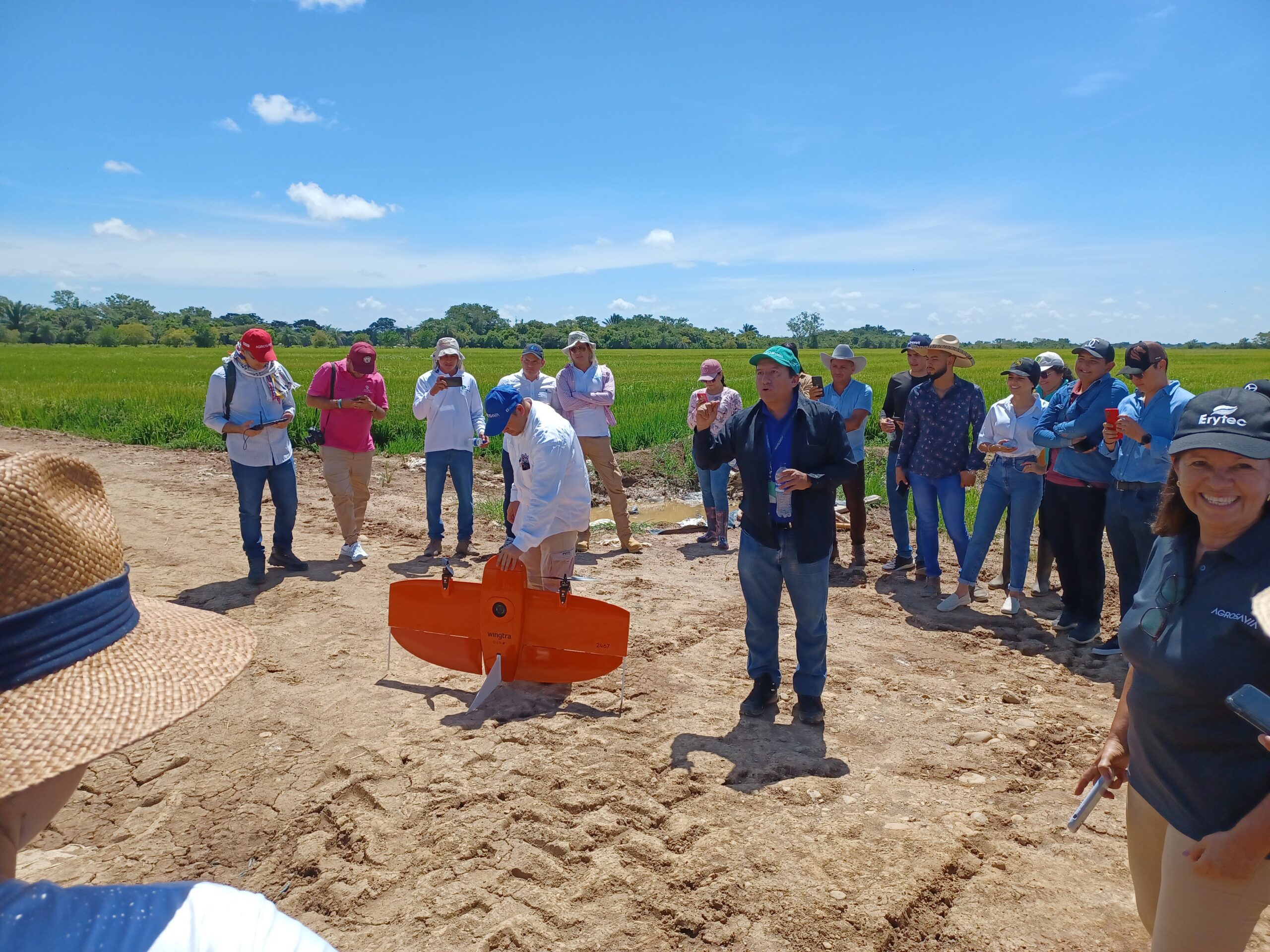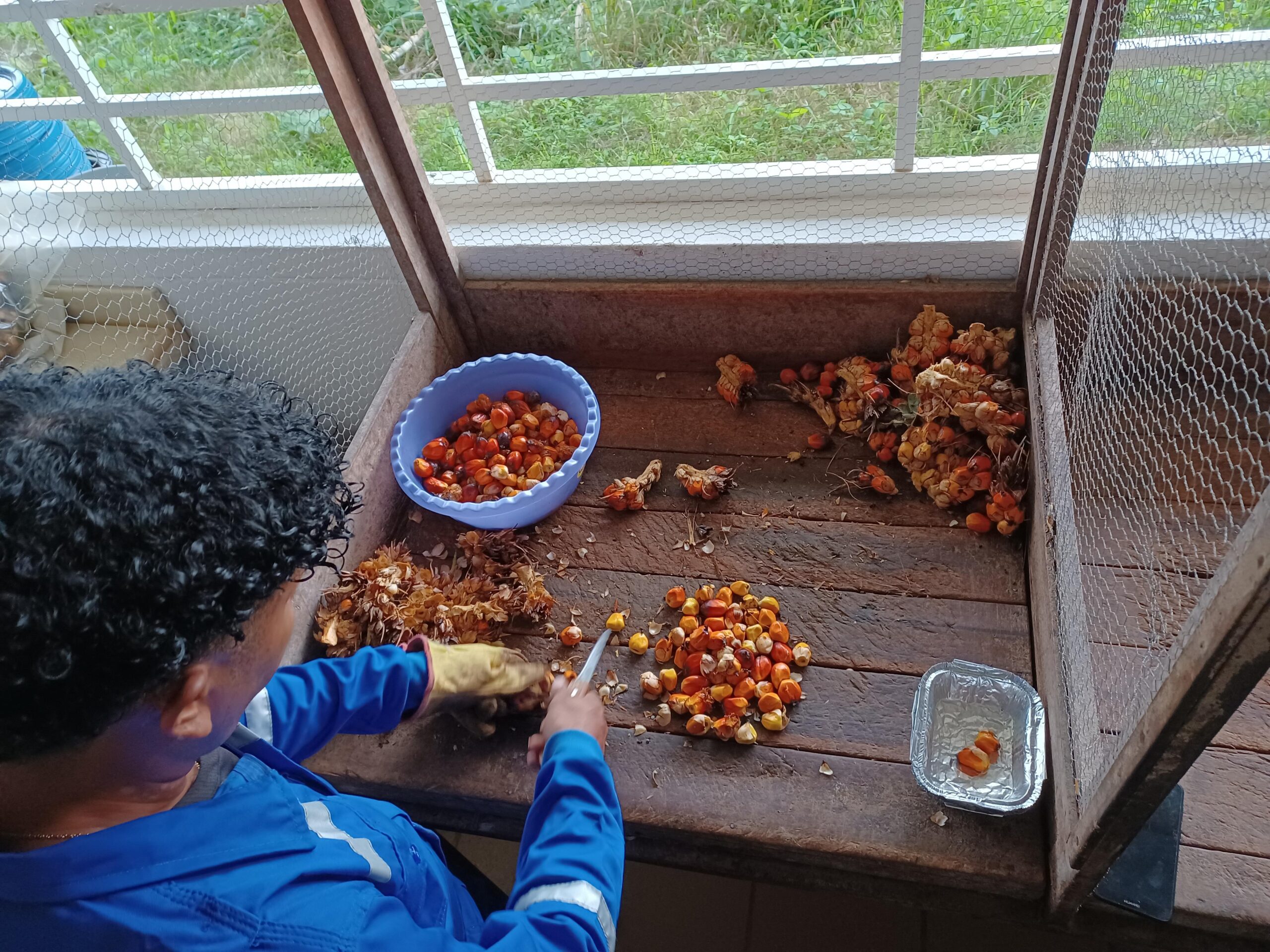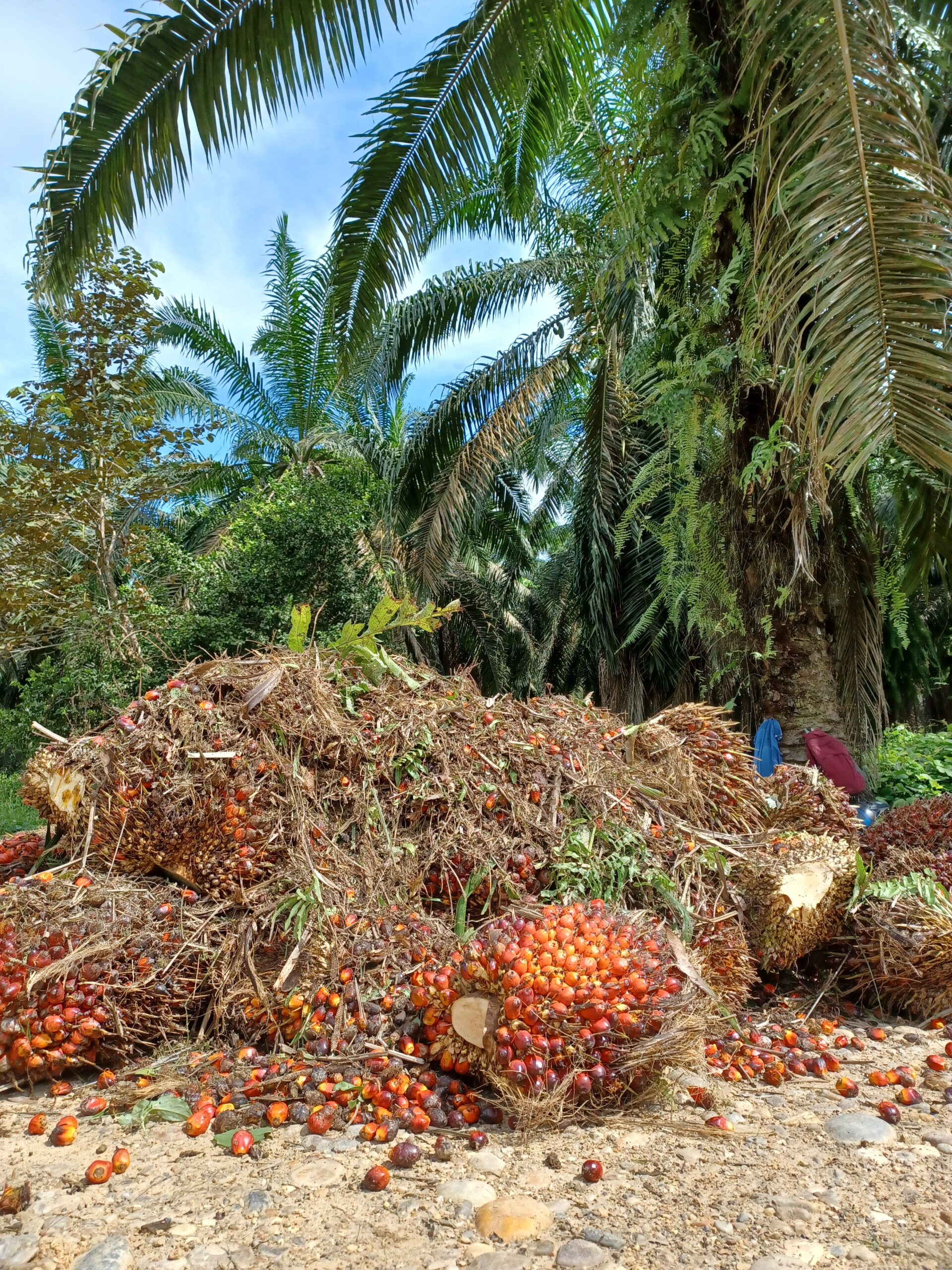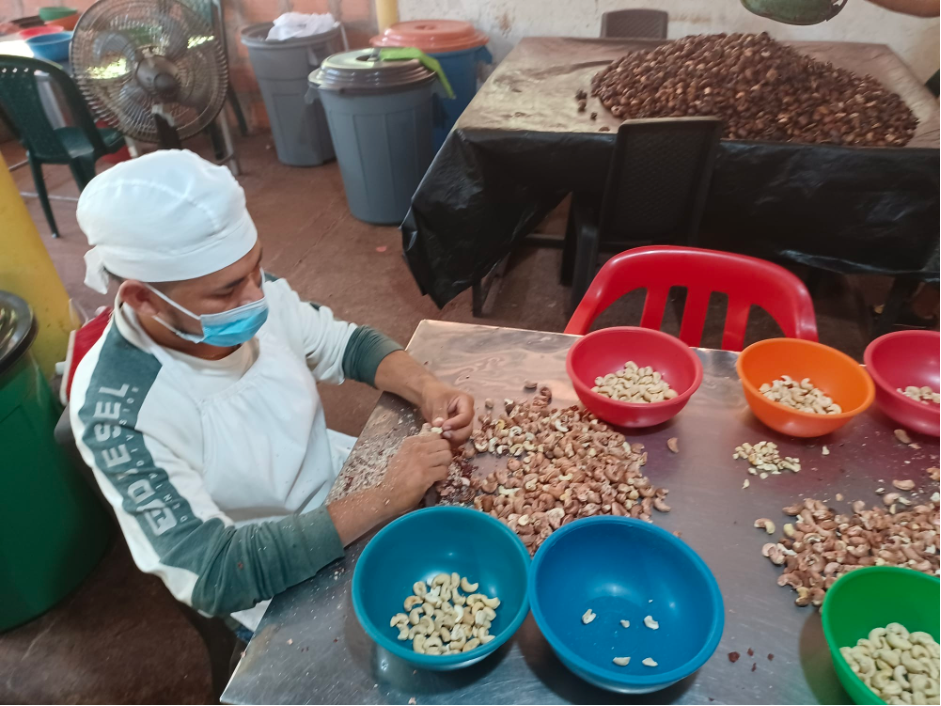
Counting carbon
Counting carbon analyses how local socio-environmental relations are being transformed in Colombia by interventions that seek to reduce the emission of greenhouse gases in forest and agrarian settings.
This type of interventions are based on the new knowledge of carbon accounting, which reduces the multiple and heterogenous relations behind the emission of greenhouse gases into quantities of a common unit, known as carbon dioxide equivalent. Through the analysis of private and public mitigation interventions taken place in Colombia, the project asks:
1) Will the carbon-accounting efforts of these interventions result in subjecting local landscapes to a homogenizing quantification of heterogeneous relations? and 2) How will these interventions transform the socio-environmental relations of project areas in ways that might jeopardize or increase environmental justice?
These questions are pertinent given the critical political juncture in Colombia, where a new leftist administration plans to take up climate action as an important part of its rural development plans, and as a tenet to the implementation of the 2016 Peace Accords with FARC guerrillas. Through a comparative analysis of these programs and in collaboration with local communities, Counting Carbon sets out to generate knowledge that is useful to climate action, local communities, and grassroots movements working for environmental justice.
Counting Carbon is a collective project between a Swiss based and a Colombian based research teams including Shaila Seshia Galvin, Laura Gutierrez Escobar, Nathalia Hernandez Vidal, Nelsa de la Hoz and Diego Silva
- Leading House for the Latin American Region
- Universidad Javeriana Laudato Si Grant
- Human Geography Journal Writing Grant
These are some of the pictures from the fieldwork I carried out in Colombia (Departments of Casanare, Norte de Santander and Vichada) during 2021-2024. The use and distribution of these images is not authorized.












